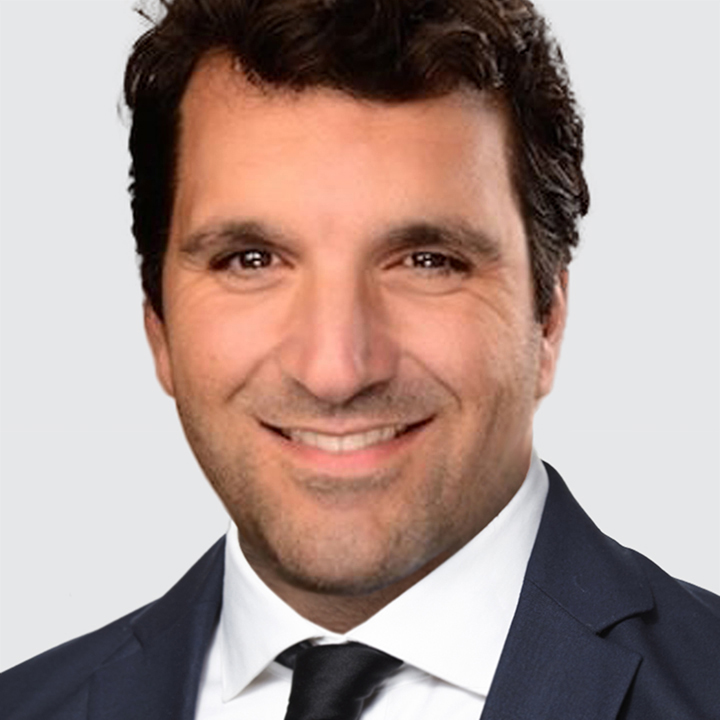Fed Easing Bets Rise, Dollar Dives
- Data-light today, but a big week lies ahead for financial markets. Fed is widely expected to start easing while the Bank of England, Norges Bank and Bank of Japan are poised to stand pat.
- Check-out our preview of the central bank meetings in Drivers for the Week Ahead.
- Bank of Canada Governor sees case for bigger policy rate cuts. UK house price growth is muted. China economic activity remains soggy.
You’re Invited
Webinar: Making Dollars and Cents of the U.S. Election | Register Here
The upcoming U.S. election will have wide ranging impacts across financial markets. Listen in as BBH’s Scott Clemons, Elias Haddad, and Win Thin discuss the potential economic implications ahead of election day.
Thursday, September 26, 2024 | Time: 10:00-11:00 EST | 7:00-8:00 PDT | 15:00-16:00 BST | 16:00-17:00 CET
USD is trading heavy across the board as US interest rate expectations continue to adjust lower. The probability implied by Fed funds futures of a 50bps rate cut Wednesday is around 60%, up from a low of 10% last week. Meanwhile, December 2024 Fed funds futures dropped to a fresh multi-month at -120bps implying greater probability of five 25bps rate cuts by year-end. The September Empire manufacturing survey is today’s data highlight (1:30pm London).
If the Fed delivers on aggressive dovish policy expectations, the dollar can come under further broad-based downside pressure, the US yield curve will likely turn more positive and US stocks risk a melt-up.
We maintain our dollar bullish view that the Fed is unlikely to slash rates as aggressively as implied by the money market. First, the US labor market is not falling out of bed. Second, US consumer spending is resilient. Third, underlying inflation is sticky. Fourth, financial conditions are loose.
China equity markets continue to slide. China reported soft economic activity in August. Industrial production, fixed asset investment, and retail sales growth slowed more than expected in August. Moreover, the property slump worsened. New home prices are down -5.3% y/y in August, the most since 2015 and used home prices are down a record -8.2% y/y.
In response to the sluggish Chinese growth backdrop, the PBOC vowed on Friday to launch “additional policies” to lower borrowing costs and place more focus on consumption. However, China’s August money supply data showed that new yuan loans demand remains subdued despite recent monetary stimulus measures. Bottom line: until China deals with its huge debt overhang (total debt more than 300% of GDP), the country looks set for much weaker growth in the years ahead. This is a major structural headwind for base metal price and the commodity complex.
CAD is underperforming. Bank of Canada (BOC) Governor Tiff Macklem ramped-up the dovish guidance over weekend warning that “if growth does not materialize as expected…it could be appropriate to move faster [on] interest rates.” Slower Canada August inflation tomorrow can boost the case for a jumbo 50bps cut at the next October 23 BOC meeting. Currently, the market sees 35% odds of such a cut.
GBP is firmer versus USD and EUR. UK Rightmove national asking price rose 0.8% m/m in September after dropping -1.5% and -0.4% the previous two months. Year-over-year, the asking price growth rate quickened to a five-month high at 1.2% from 0.8% in August. The rise in net mortgage approvals in July, to the highest since September 2022, points to firmer house prices. Interest rate futures imply a low 28% probability of a 25bps BOE policy rate cut Thursday.
EUR/USD is breaking higher above 1.1100 on USD weakness. Eurozone labor cost growth is expected to moderate in Q2 after rising 5.1% y/y in Q1 (10:00am London). Of note, negotiated wages slowed sharply in Q2 to 3.5% y/y and supports the case for additional ECB easing.
ECB Governing Council member Pierre Wunsch argued over the weekend for a cautious easing cycle noting “we should be able to reduce interest rates further…But I see a small risk that it’ll happen more slowly if services inflation remains elevated.” Indeed, the ECB is particularly concerned with persistent services inflation which is highly sensitive to wage increases. Up next: ECB Vice President Luis de Guindos (9:10am London) and Chief Economist Philip Lane (1:00pm London).

